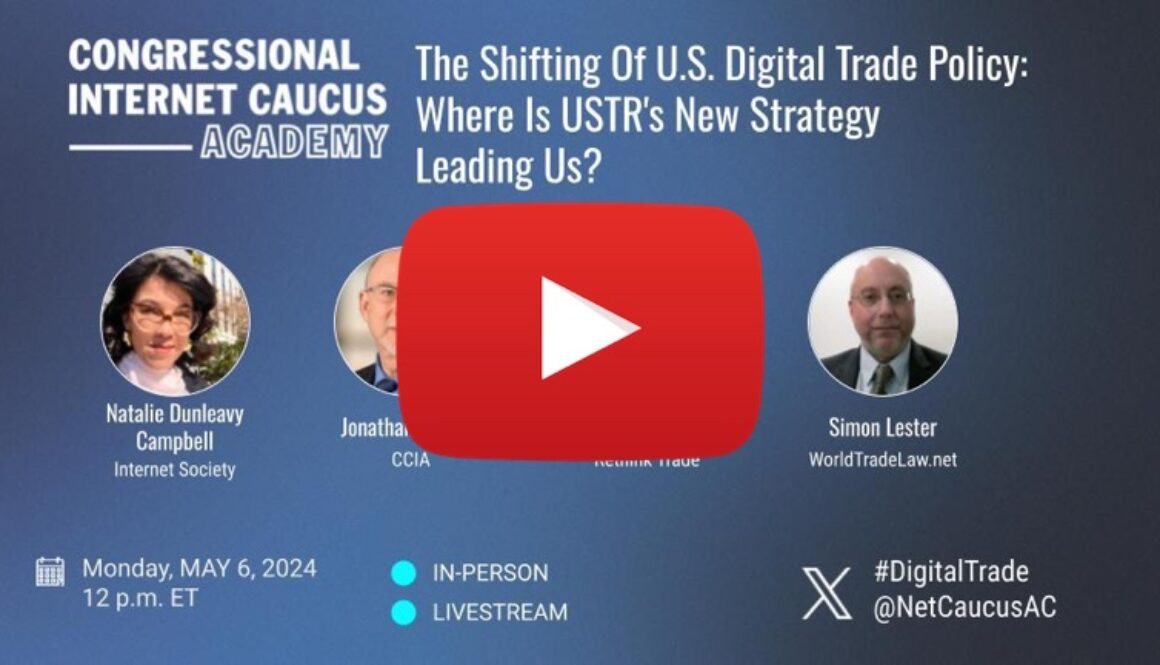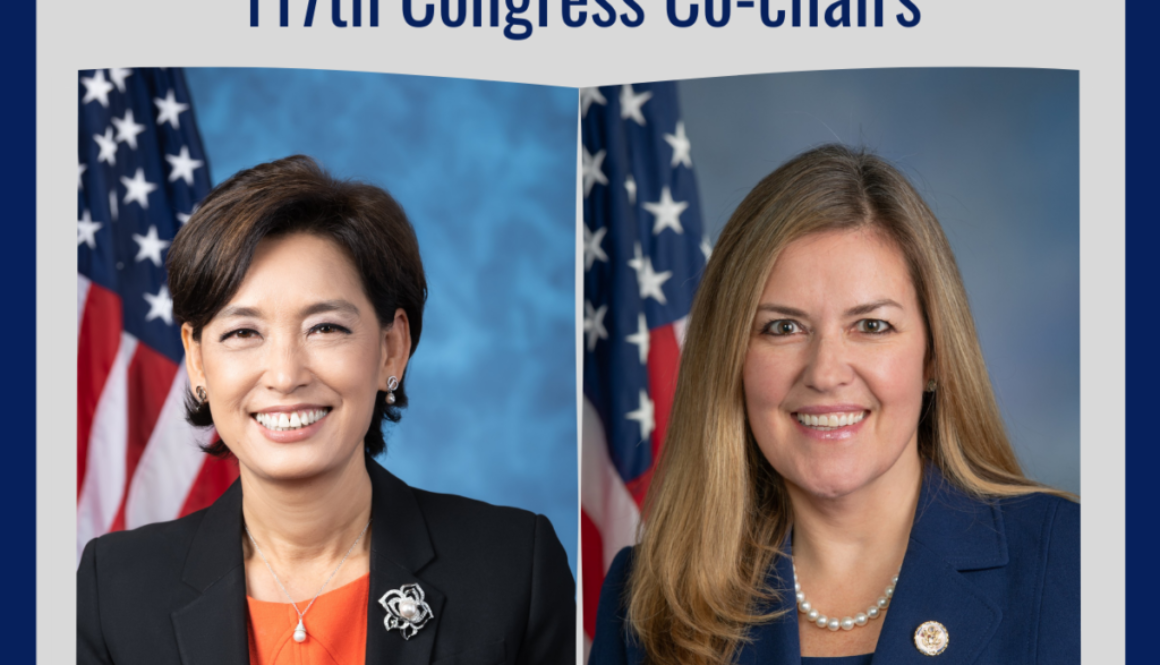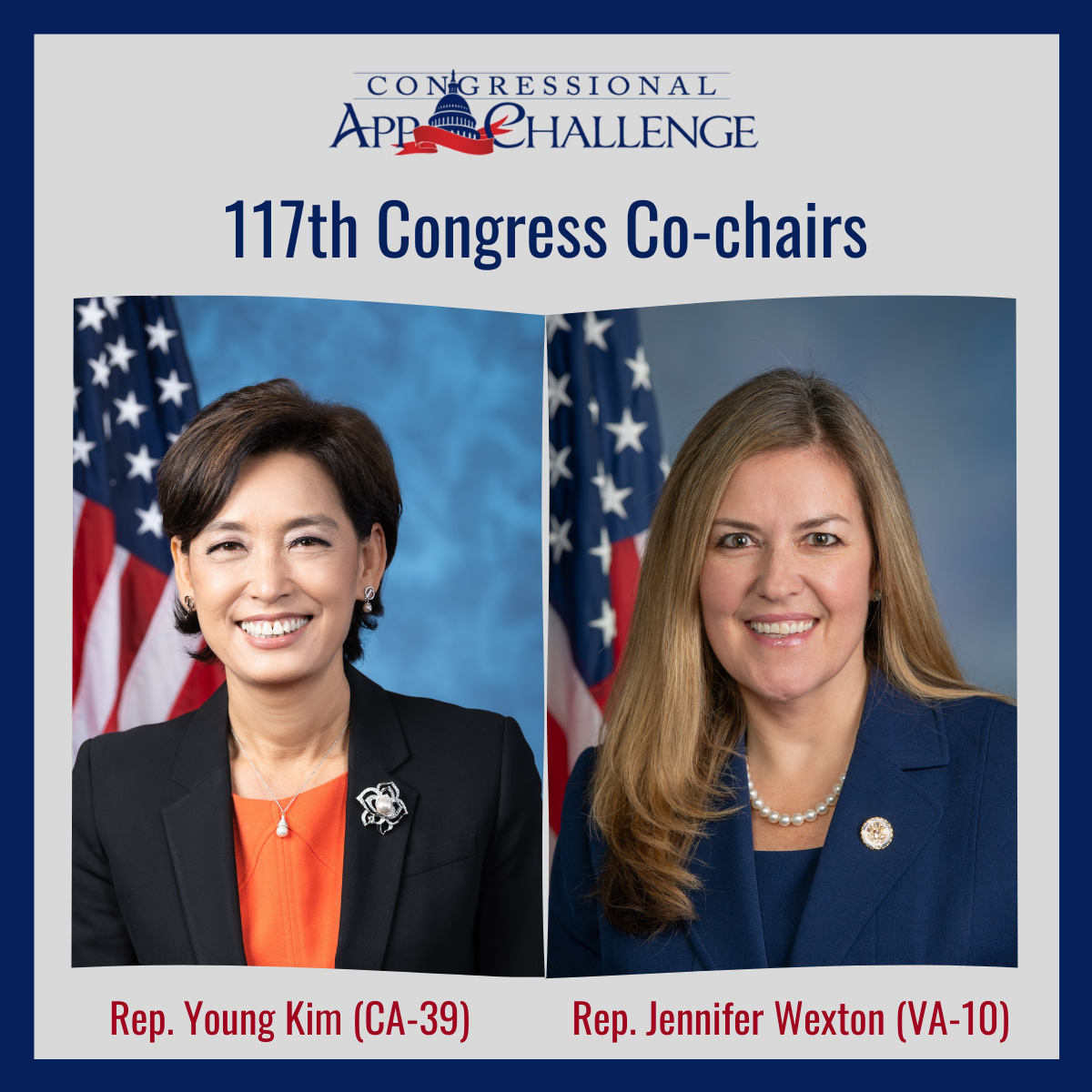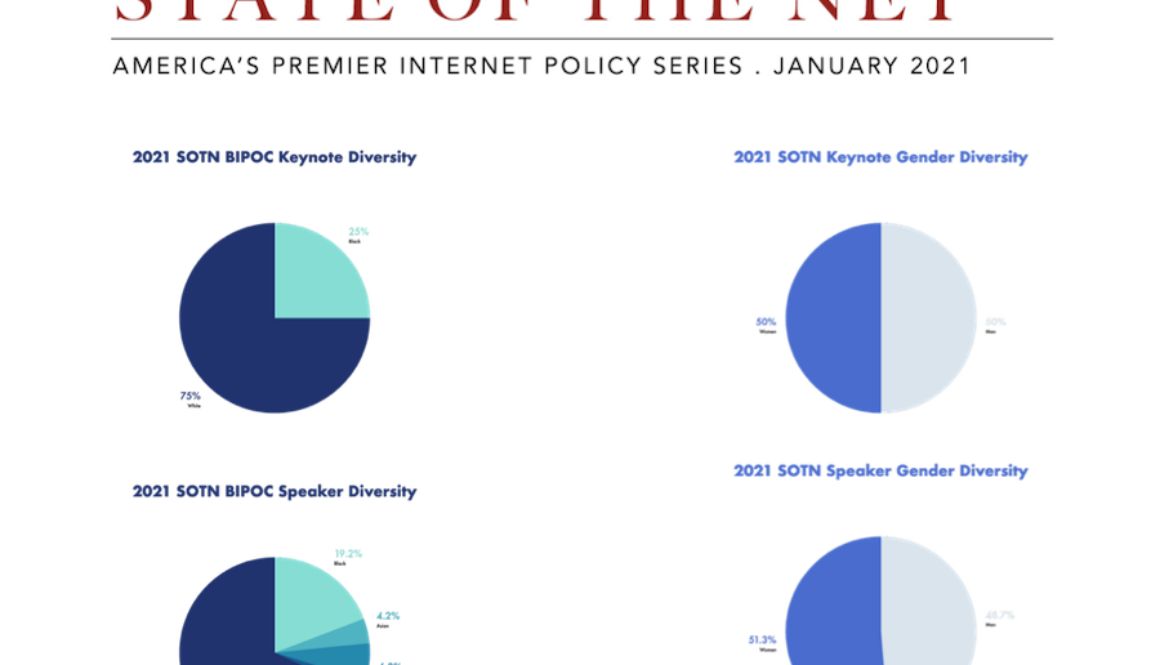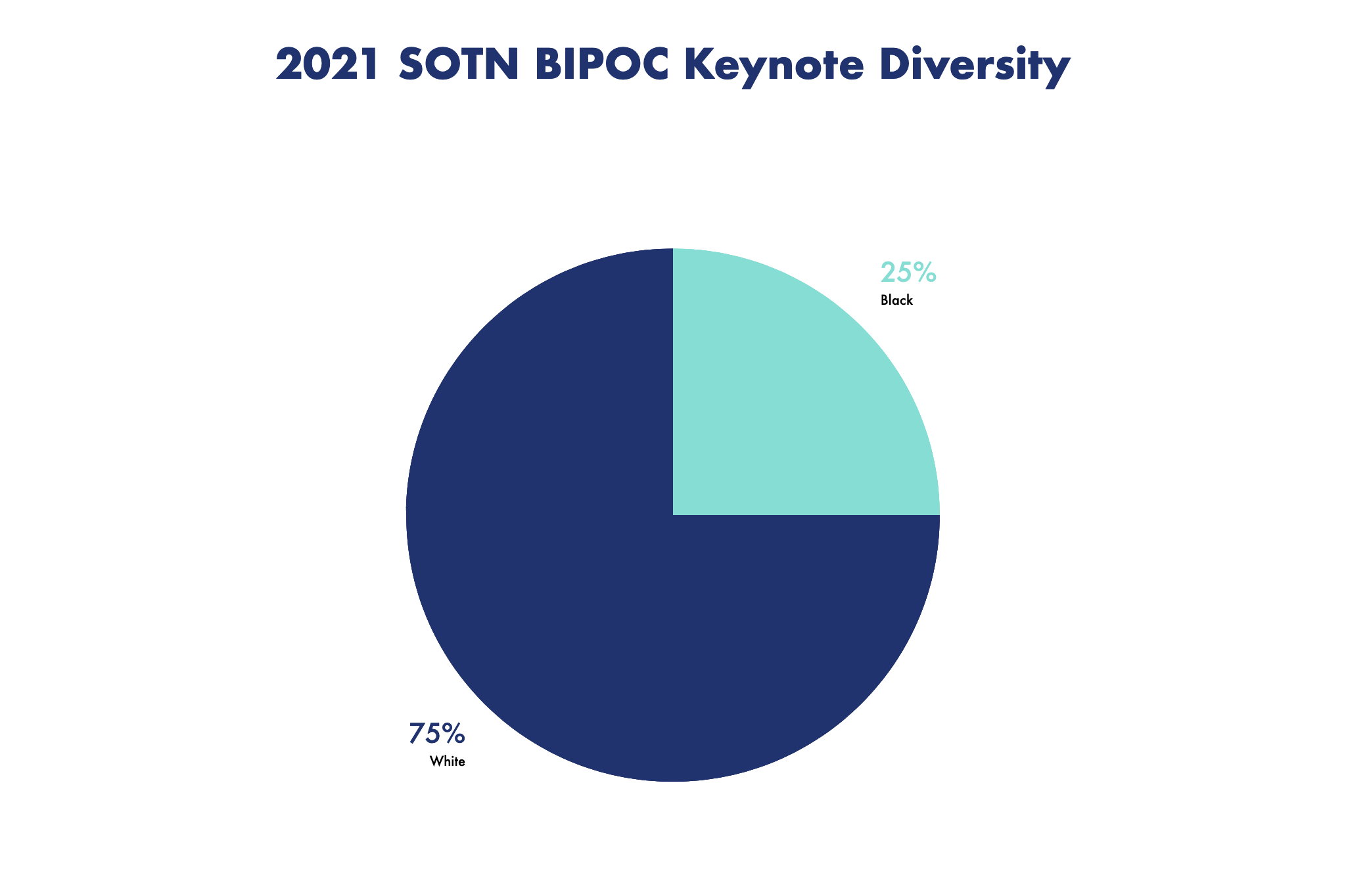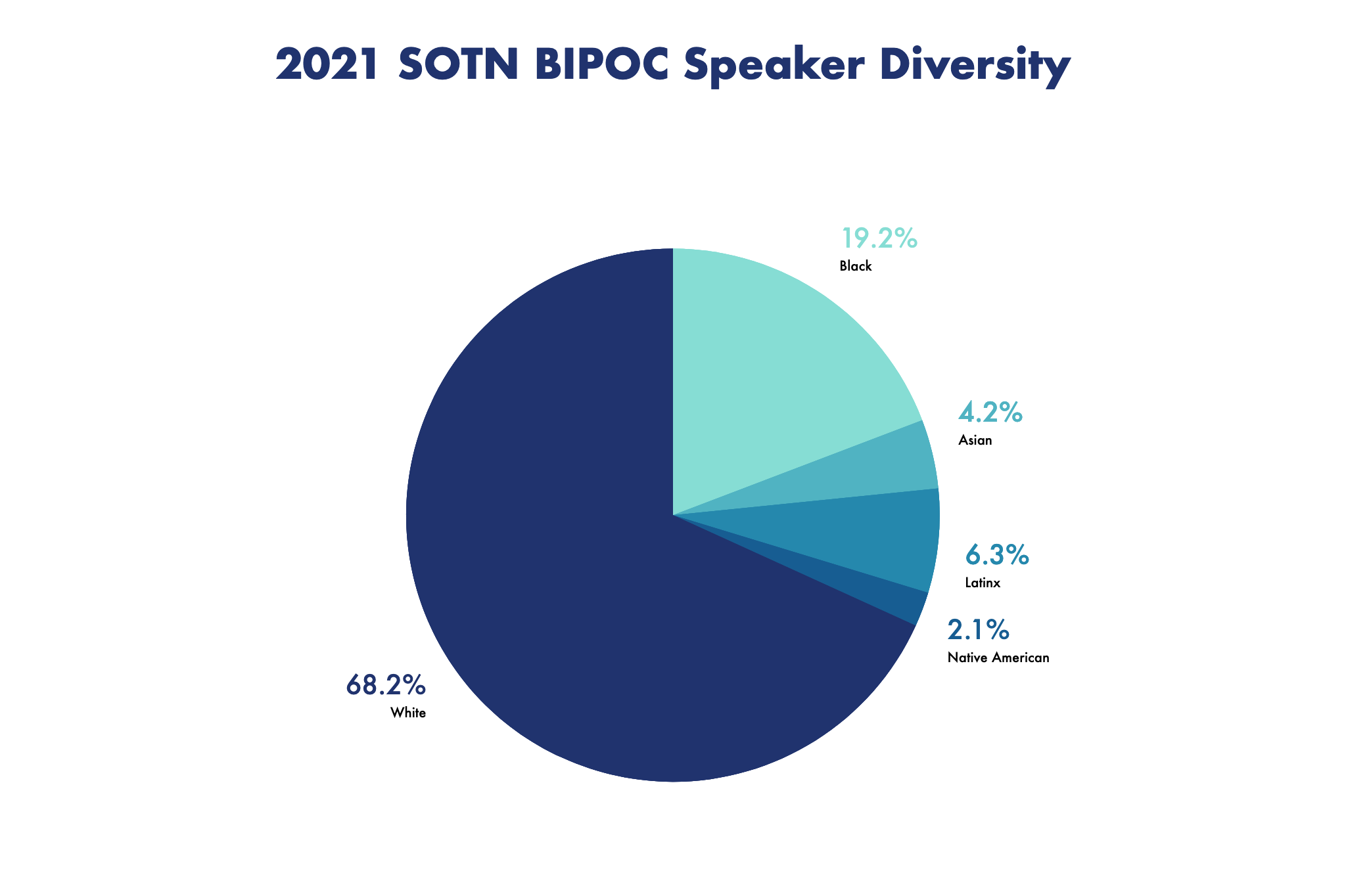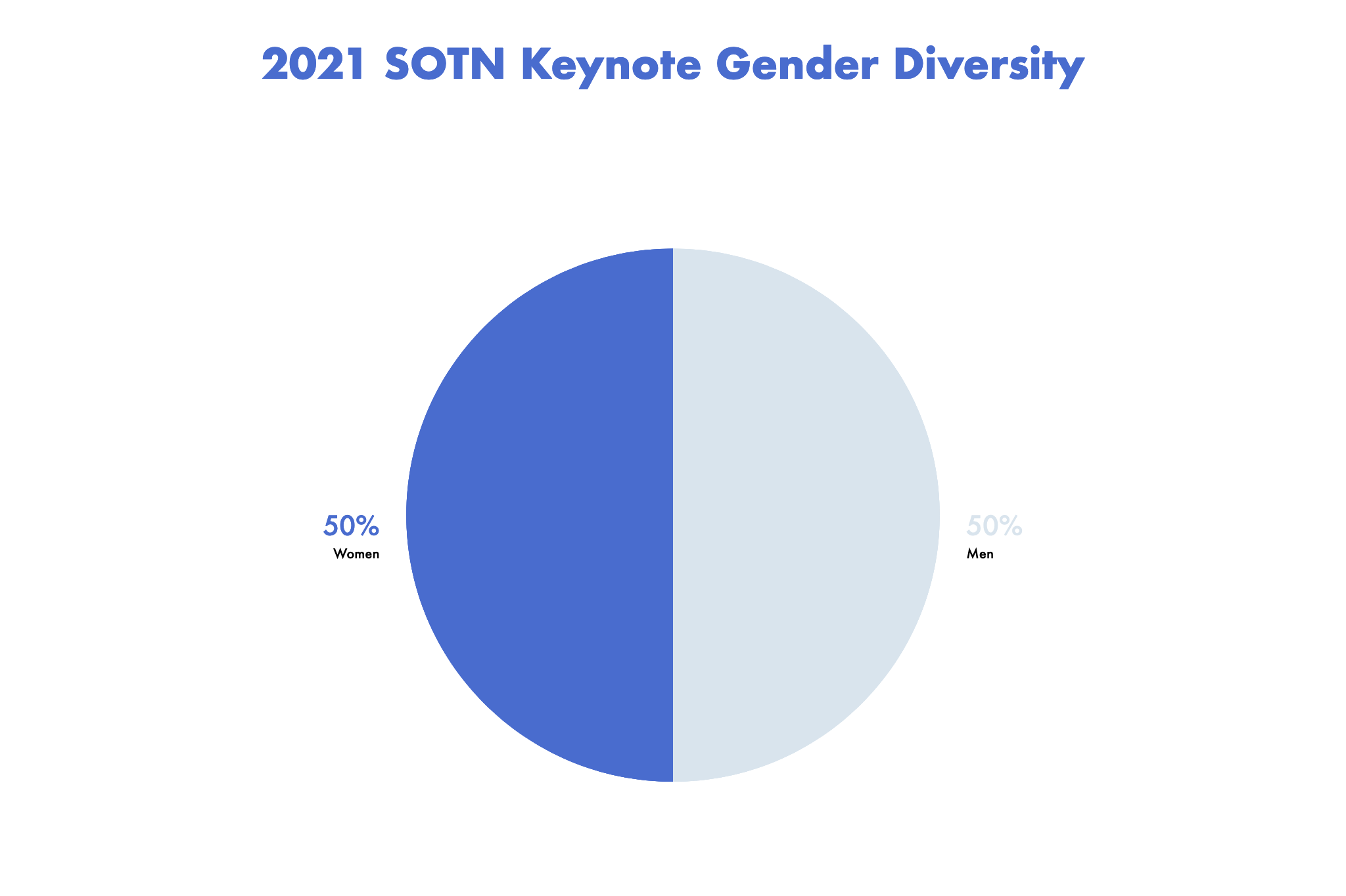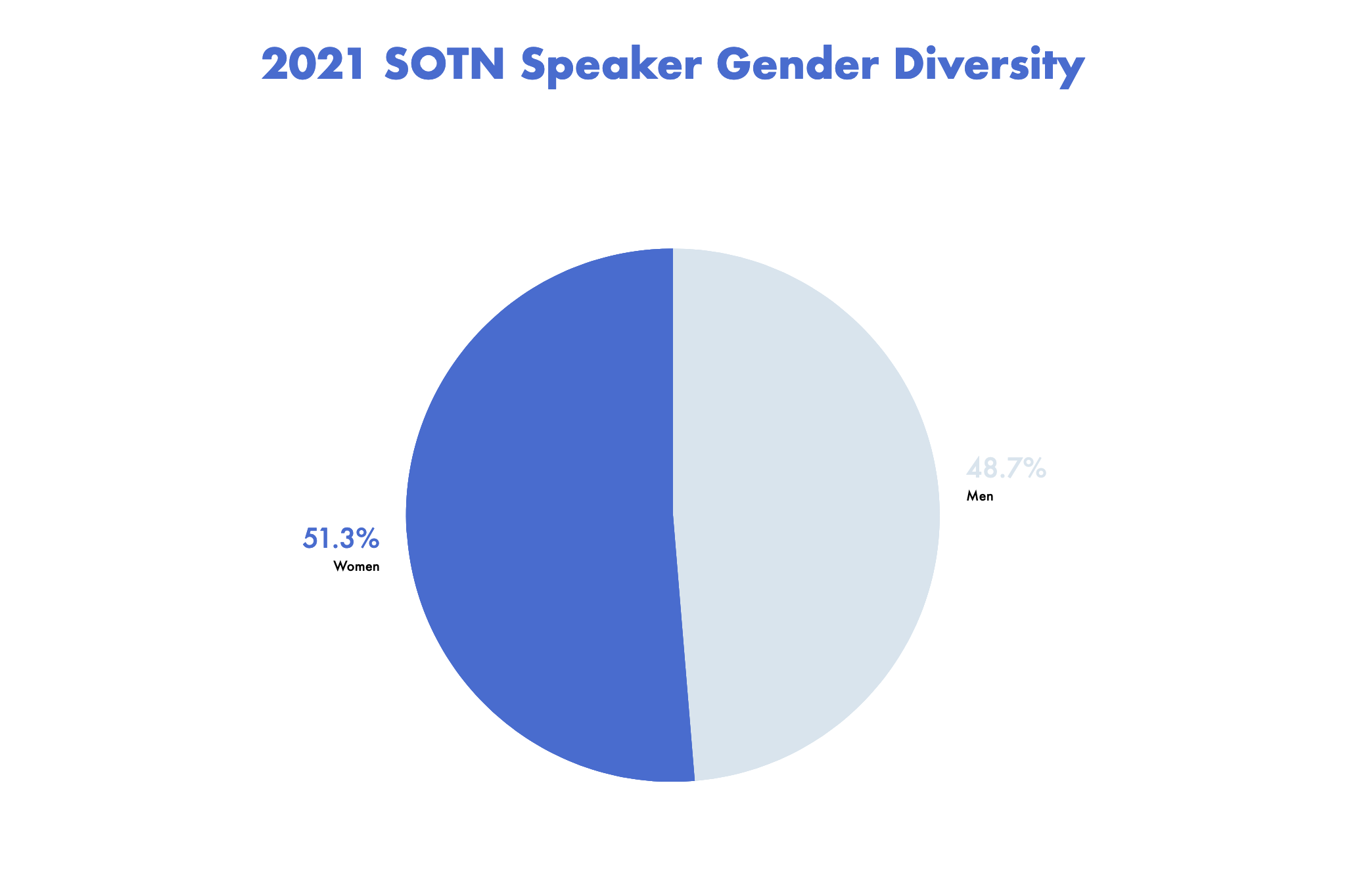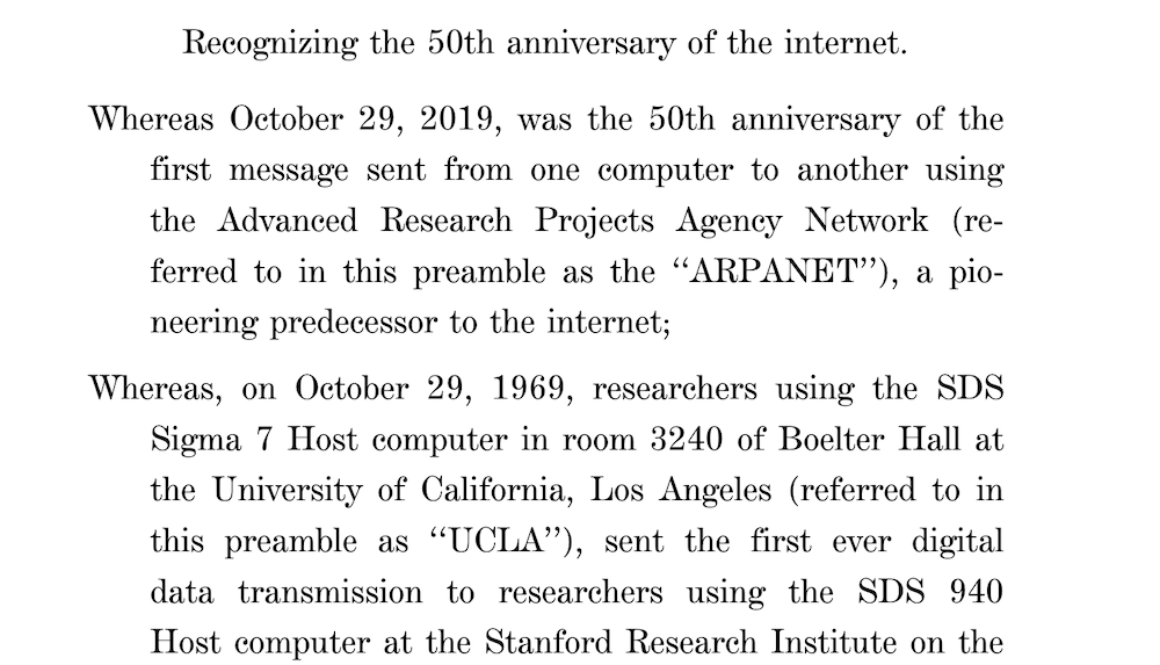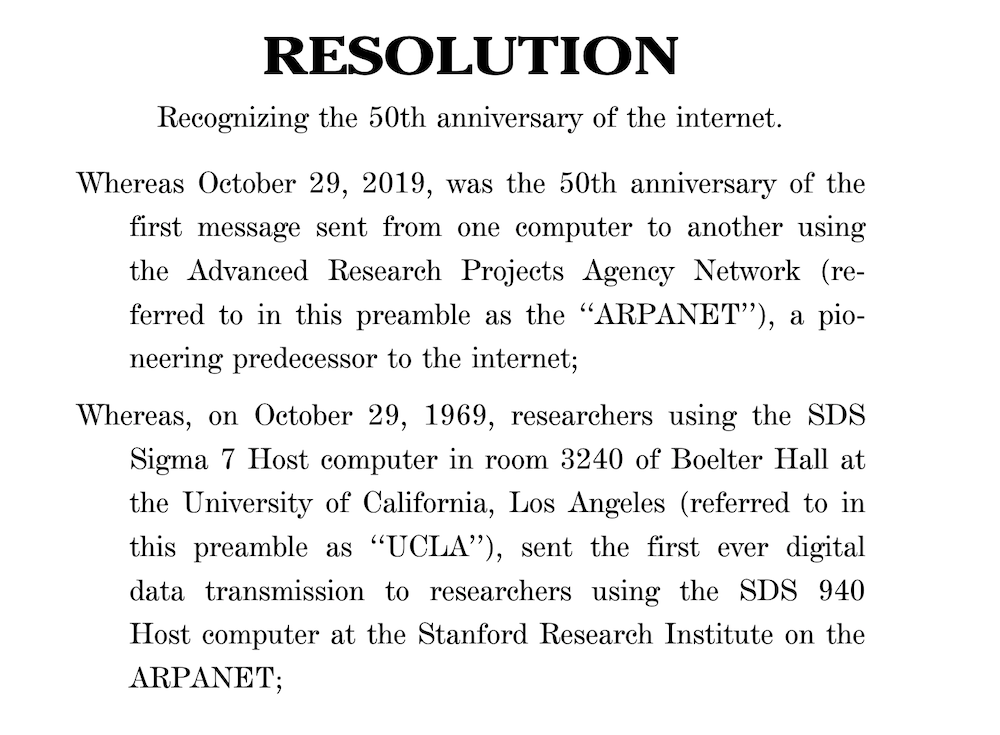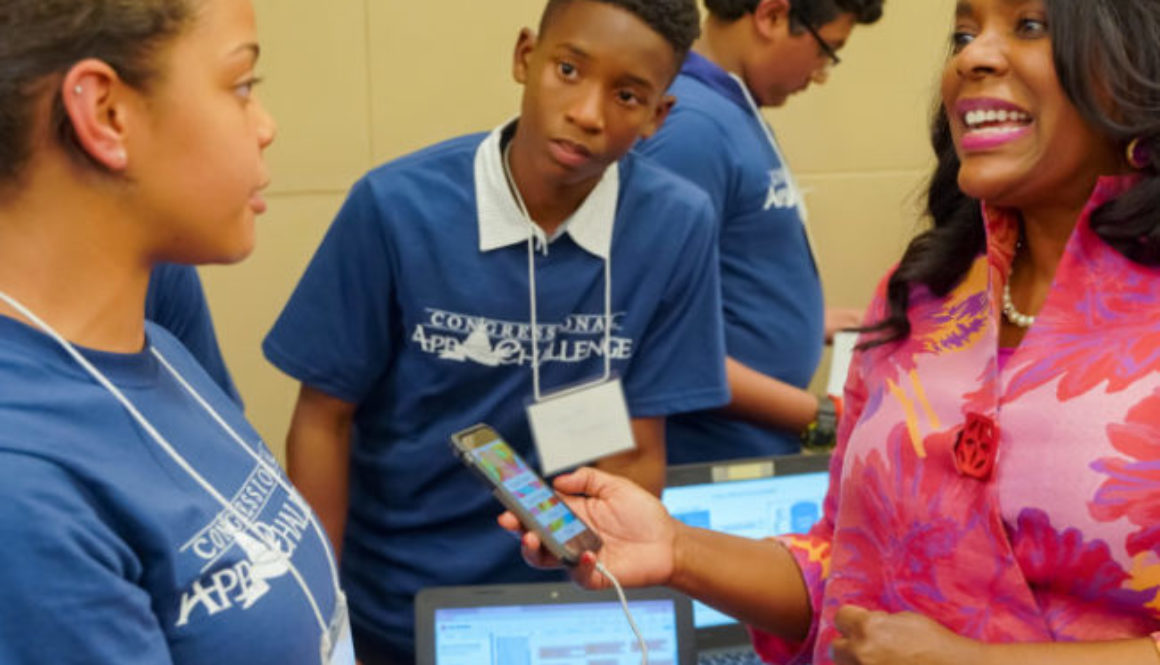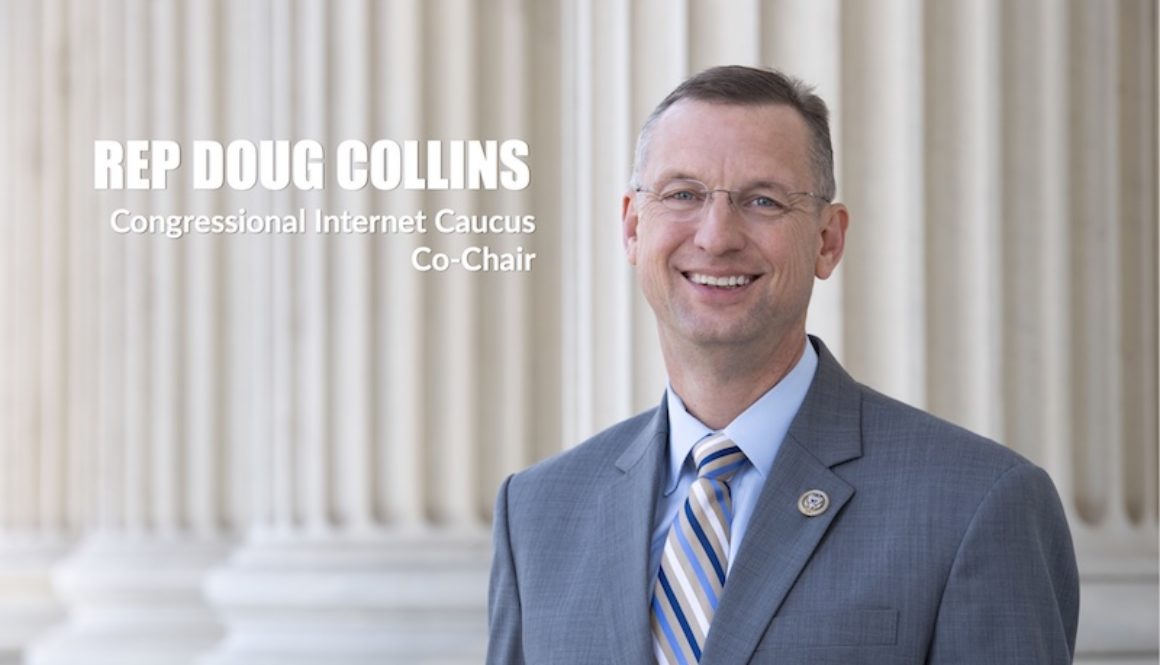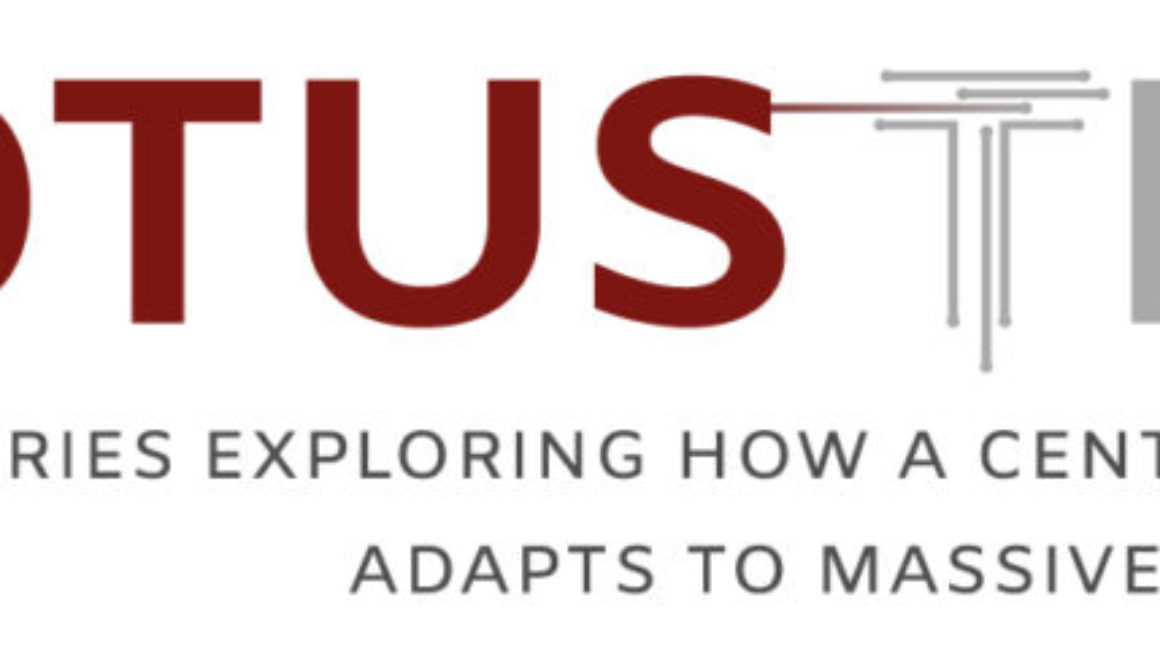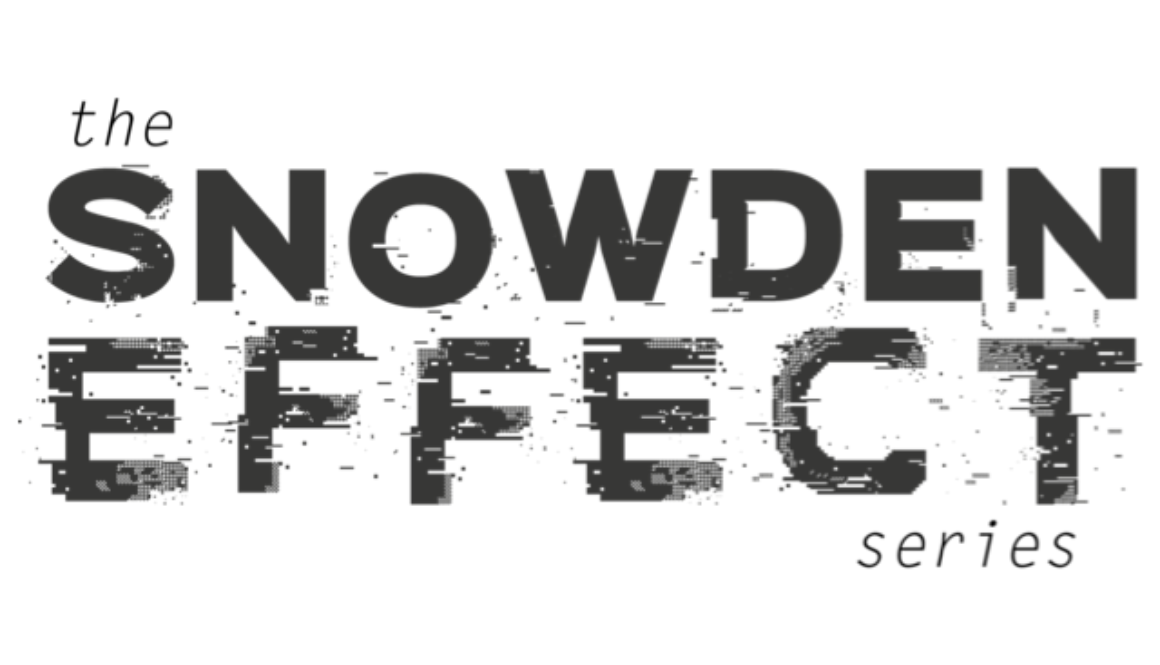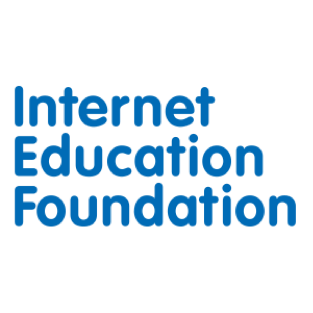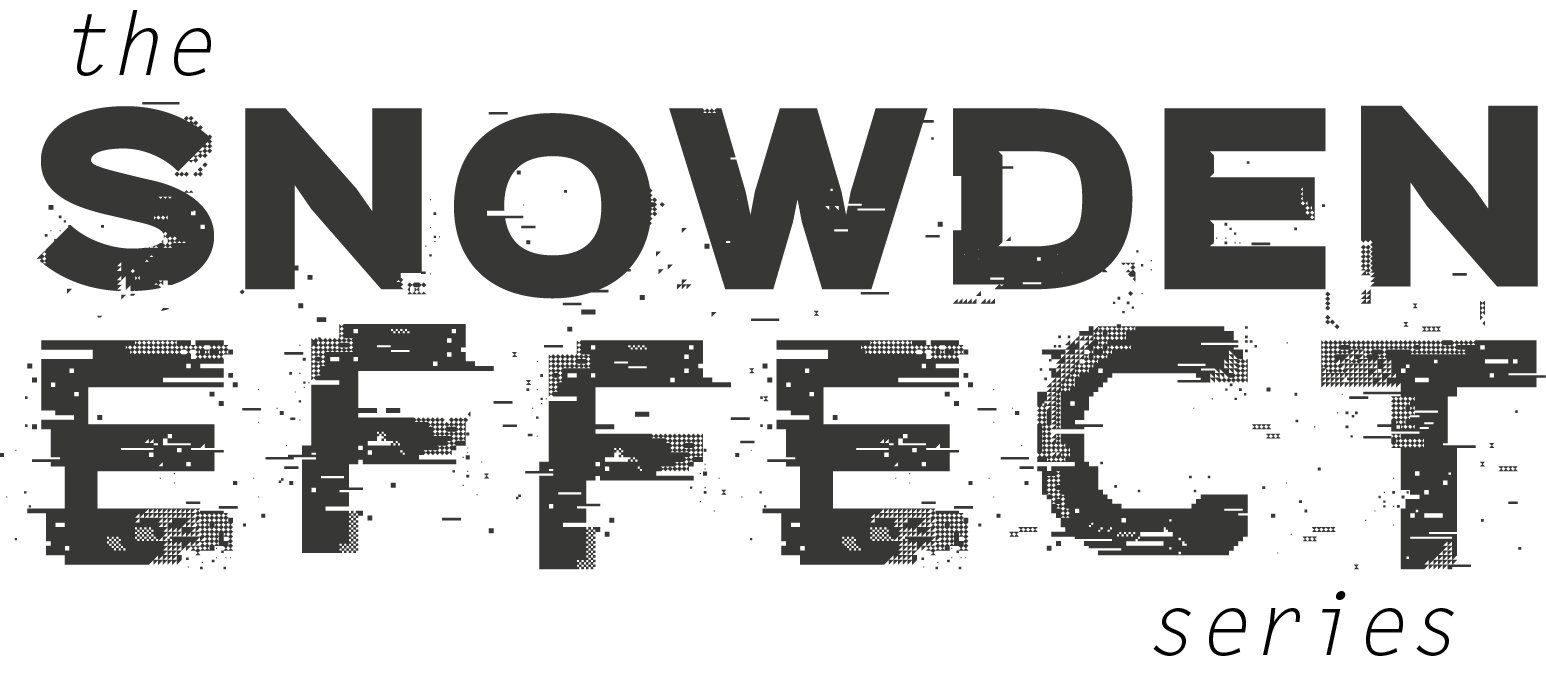While there is a lot of hype around Bitcoin, Ethereum, and other cryptocurrencies, cryptocurrencies are only the tip of the iceberg. Blockchain – the technology underlying cryptocurrencies – offers a host of other transformative use cases, including supply chain management, digital identity management, and smart contracts.
Blockchain is a distributed ledger technology which promises to authenticate transactions without the need for a trusted third-party. Forward-looking companies are deploying blockchain for a variety of uses beyond cryptocurrency. Financial managers are using blockchain to verify digital identity and streamline the process of electronic signatures. Supply chain companies are exploring blockchain technology to track the goods we purchase every day through the entire supply chain. Government offices are identifying ways the technology can make government processes more efficient and cost-effective. Our panel will discuss the potentially transformative applications of blockchain beyond the hype of cryptocurrencies.
We’ve assembled an expert group of panelists to discuss their perspectives on business, government, blockchain, and more.
Join us on Monday, July 16th, at the Rayburn House Building, Room 2237
Moderator
Lydia Beyoud – FinTech & RegTech Reporter, Bloomberg Law (bio)
Panelists
Amgad Shehata -Senior Vice President, International Public Affairs & Strategy, UPS (bio)
Amy Davine Kim – Global Policy Director & General Counsel, Chamber of Digital Commerce (bio)
Tiffany Angulo – Legislative Assistant, Office of Rep. David Schweikert; Staff Co-Chair of the Congressional Blockchain Caucus (bio)
Jason Albert – Deputy General Counsel, Workday (bio)
Isabelle Corbett – Head of Regulatory Affairs, R3 (bio)

